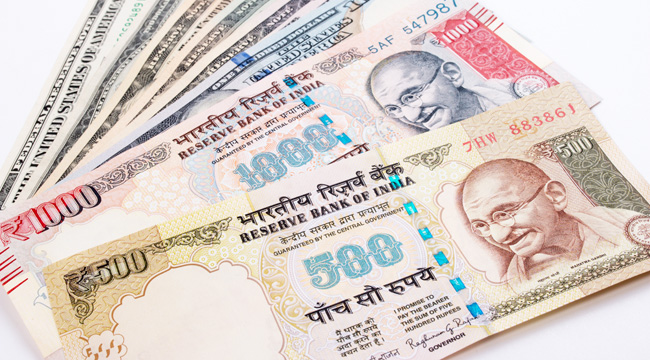
In the United States and many other countries, the “cashless” approach is a simple one when cards are accepted almost anywhere and people conduct their entire existence via smartphone. In India, however, Prime Minister Narendra Modi has thrown small businesses and their employees into chaos by announcing his hope to altogether move to a cashless economy. The new move, which Modi declared via national radio address, follows another controversial decision to ban the country’s 500-rupee and 1000-rupees notes. This has reportedly made daily transactions immensely difficult for millions of citizens.
Modi concedes that his plan is a long-term one but hopes that people will soon embrace digital payments. He has reasons for doing so, including deterring tax avoidance, bribery and — most importantly — sources of terrorism funding. Yet since approximately 90% of the country’s consumer purchases are still conducted in cash, the transition will be a tough one, to say the very least. Modi hopes citizens will embrace the change:
“I want to tell my small merchant brothers and sisters, this is the chance for you to enter the digital world. It’s correct that a 100 percent cashless society is not possible. But why don’t we make a beginning for a less-cash society in India? We can gradually move from a less-cash society to a cashless society.”
Reuters notes that the 90% rate already takes into account those citizens who have voluntarilyembraced smartphone methods of payment, so Modi has carved out an uphill battle. Still, he hopes that online banking will soon catch on, which is perhaps the most optimistic news-related attitude we’ve covered all weekend. Yet is it realistic?
